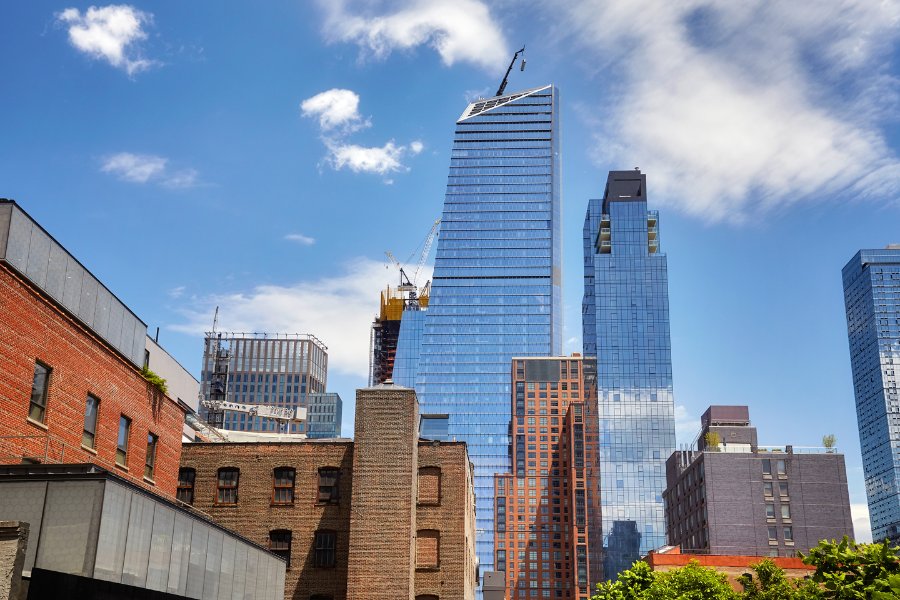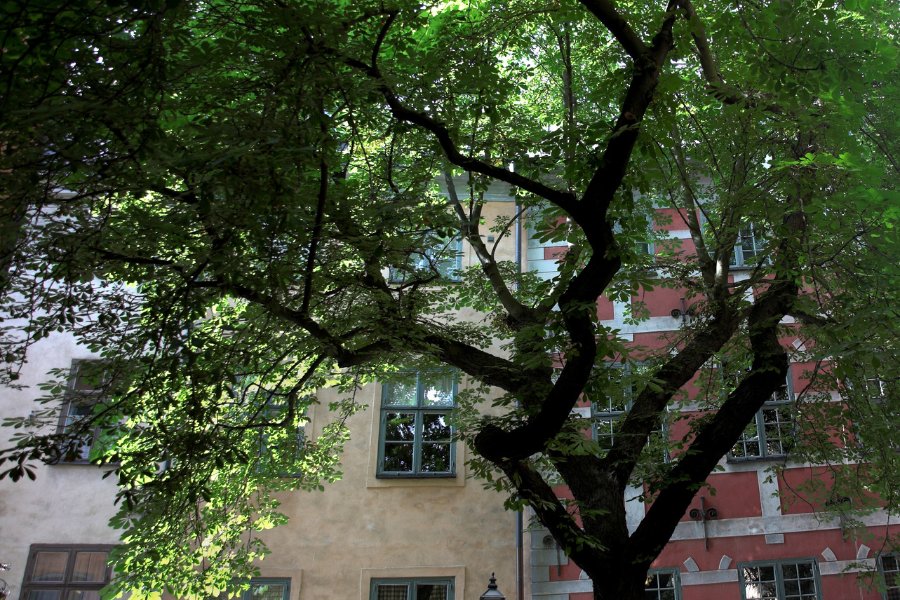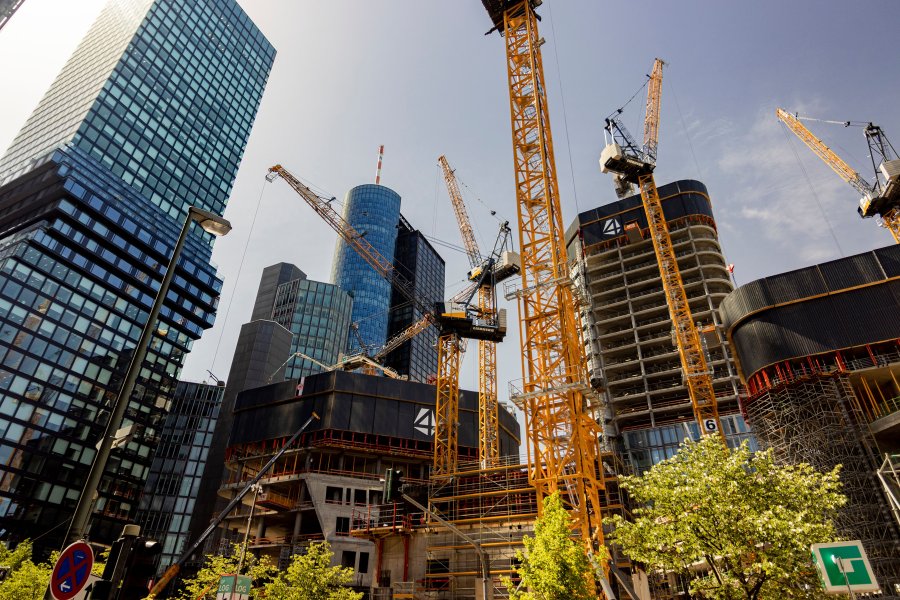New construction goes up fast in this city. We are all aware of the constant upwards stream of buildings, but it’s a different feeling when you have solar panels that are blocked by shade from either buildings or trees. You of course didn’t sign up for that, and there’s no law that stops it from happening, but there are ways to make it right.
There’s No Legal Right to Sunlight for Solar Panels
New York doesn’t protect your access to sunlight for solar energy, not at the city level, nor at the state level. If a neighbor adds a penthouse, a developer builds a high-rise, or a tree grows tall enough to cast shade, you generally can’t stop it.
So if you’re asking, “What if someone blocks my solar panels?” the answer isn’t so much about legal recourse, but about managing expectations. In NYC, your solar system has to work within a skyline that’s always changing.
Can You Sue a Developer for Blocking Your Solar Panels?
You can try, but courts in New York have consistently sided with property owners’ rights to develop their land as long as they follow zoning rules. A developer isn’t required to consider your solar system when designing a new building. Even if your panels stop producing, that’s usually seen as your risk, not their legal obligation.
There are rare exceptions. If the new construction violates zoning (like building too high in a district with sky exposure planes) you might challenge the project on those grounds. But that’s about code compliance, not about solar rights. And if you happen to have a solar easement (more on that below), that’s a different story. But without one, lawsuits rarely succeed. So, it’s best to find solutions your own way. Usually, they’re easier than you’d think.

My Solar Panels Are Already Blocked, Now What?
First, confirm it’s actually new shading. Oftentimes sun angles change due to the seasons, and dirt and snow can also contribute to less sun exposure on your panels. You can also use your monitoring app to compare monthly output over time.
If a new structure is truly the cause, and you don’t have an easement, legal options are slim. But you might try to:
- Relocate panels to a sunnier part of the roof (through an installer, never yourself)
- Add battery storage to make the most of the energy you do produce (this is a great option and what they are made for)
- Work with your co-op or condo board on a shared solution (if applicable)
What’s a Solar Easement and Can It Help?
A solar easement is a formal agreement between neighboring property owners that safeguards your access to sunlight. Once recorded with the deed, it stays in place even if either building is sold or ownership transfers. The agreement can restrict the neighbor from constructing additions, installing structures, or planting vegetation that would significantly shade your solar panels.
But here’s the catch: both parties have to agree to it. You can’t force a neighbor or anybody else to sign it. In NYC’s dense, fast-moving real estate market, these are relatively uncommon. Still, if you’re installing on a shared roof or near a property line, it’s worth asking early before construction begins.
Does NYC Zoning Protect Solar Access?
Not directly. Some zoning rules like sky exposure planes in certain districts require tall buildings to step back so light reaches the street. But those rules exist for public health and urban design, not to protect private solar systems.
So if your solar panels aren’t getting light because of a new development next door, the Department of Buildings won’t step in because they’re not technically violating any rules, and legally they do not need to consider blocking solar panels at all.

What Can You Do Before Getting Solar Panels?
The best defense here is smart design. When professional solar companies assess a roof in NYC, they don’t just look at what’s there today. They check the NYC Planning and DOB portals for approved nearby projects. They can also use 3D modeling to simulate shading not just from current structures, but from likely future ones.
We also choose equipment that handles partial shade well, like panel-level electronics, so one shadow doesn’t tank your whole system’s output. And we’re upfront about performance estimates, using conservative assumptions that account for NYC’s changing skyline.
The Bottom Line
If you’re worried that “someone might block my solar panels” or you’re already thinking, “my solar panels are blocked,” know this: NYC doesn’t guarantee your access to sunlight, solar here comes with that risk baked in. But with careful planning, realistic expectations, and the right installer, most systems still deliver strong long-term value even in the shadows of New York City skyscrapers!
